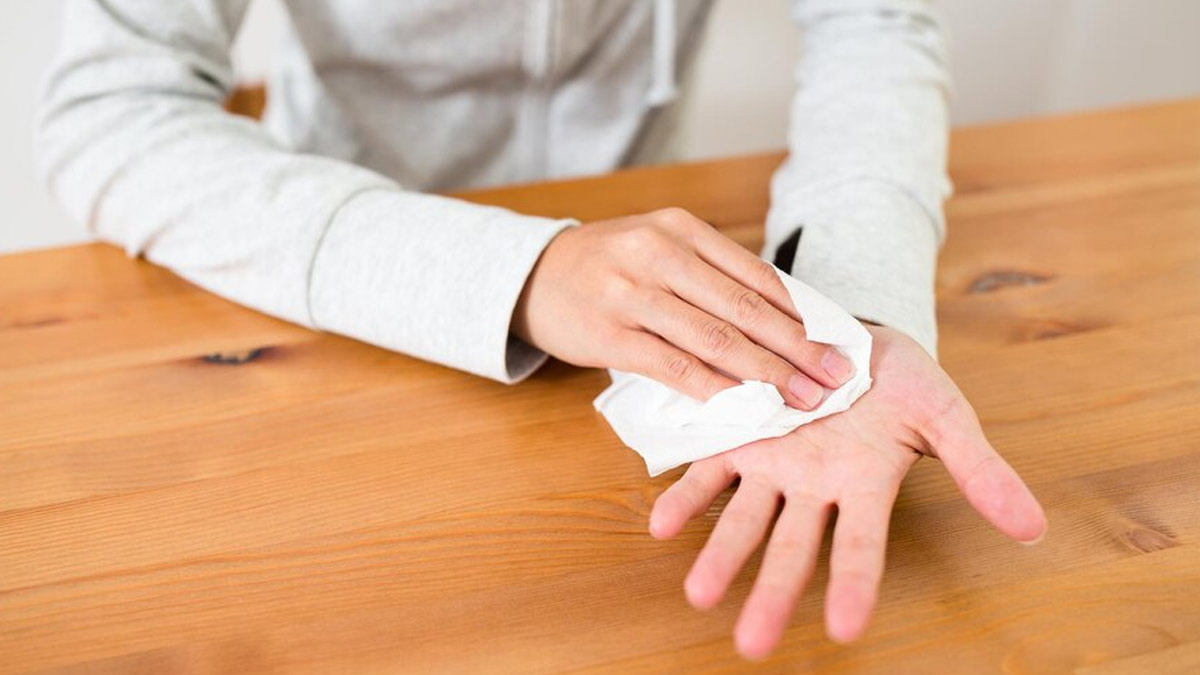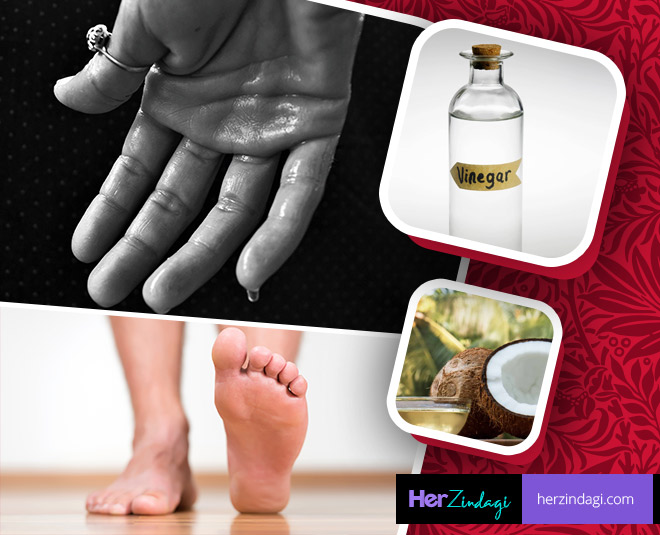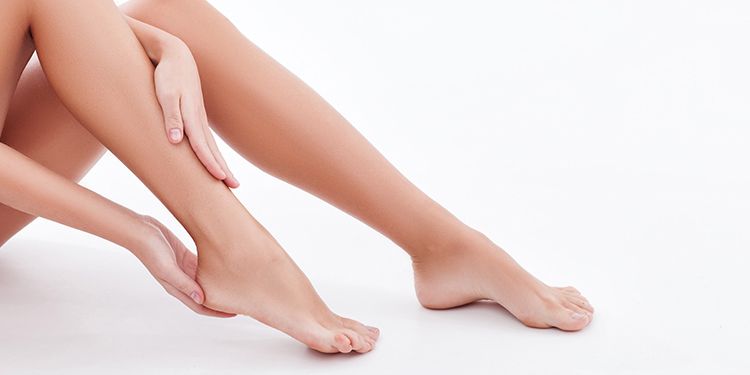Comprehending Excessive Sweating: Dermatology Insights on How to Stop Sweaty Hands
Comprehending Excessive Sweating: Dermatology Insights on How to Stop Sweaty Hands
Blog Article
Comprehending the Origin Reasons of Excessive Sweating and Its Impact on Every Day Life
Excessive sweating, also referred to as hyperhidrosis, is a problem that influences a significant part of the populace, yet its hidden reasons and implications on everyday working continue to be rather enigmatic. While it is commonly comprehended as a physiological action to manage body temperature, the triggers for excessive sweating can vary commonly among individuals, including not just physical variables yet psychological and also emotional elements. Furthermore, the impact of this condition extends beyond mere discomfort, frequently influencing social interactions and total quality of life. By diving right into the root creates of hyperhidrosis and exploring its complex results, a much deeper understanding of this pervasive issue can be gained, shedding light on the complexities that individuals coming to grips with excessive sweating browse every day.
Physiology of Sweat Glands
The policy of sweat manufacturing, an essential physical process, is largely managed by the activity of sweat glands dispersed throughout the human body. Sweat glands are categorized into 2 primary kinds: eccrine and apocrine glands.
When the body temperature level increases, either because of physical activity, heats, or emotional tension, the nerves sets off the gland to generate sweat. This sweat is made up mainly of water and electrolytes like sodium and chloride. The procedure of sweat production is vital for keeping the body's interior temperature within a slim, optimum array, highlighting the essential duty sweat glands play in human physiology.
Triggers for Excessive Sweating
In understanding the origin causes of too much sweating, it is vital to determine the triggers that can lead to this physical reaction. Physical effort, high temperature levels, and spicy foods are additionally recognized to trigger extreme sweating in people susceptible to this condition.
Additionally, medicines such as some antidepressants, opioids, and specific supplements can additionally act as triggers for hyperhidrosis. Comprehending these triggers is essential in handling extreme sweating effectively - Treatment for hyperhydrosis of hands. By determining and resolving the particular triggers that motivate extreme sweating in a private, doctor can develop personalized treatment plans to minimize this problem and boost the person's high quality of life
Medical Conditions Associated
Related to extreme sweating are different clinical problems that can exacerbate this physical reaction. One common problem is hyperhidrosis, a disorder defined by extraordinarily increased sweating that goes beyond the body's thermoregulatory needs. This can materialize in focal locations like the hands, soles, underarms, or face, impacting an individual's high quality of life as a result of social shame and discomfort.
Furthermore, endocrine conditions such as hyperthyroidism, diabetic issues, and menopausal warm flashes can likewise bring about too much sweating. Hyperthyroidism creates an overflow of thyroid hormonal agents, speeding up metabolism and triggering sweating. Diabetes mellitus can cause sweating episodes, particularly during hypoglycemic episodes when blood sugar levels go down also reduced. Menopausal hot flashes, credited to hormone changes during menopause, can cause sudden and extreme sweating, commonly gone along with by flushing and heart palpitations.
Additionally, infections like hiv, endocarditis, and tuberculosis have actually been connected with night sweats, an usual sign known to interfere with sleep and affect general well-being. These clinical conditions highlight the varied variety of underlying variables that can add to extreme sweating, demanding detailed examination and management by medical care professionals.
Psychological and Mental Elements

Impact on Social Communications
Extreme sweating can have extensive impacts on a person's ability to involve comfortably in social interactions. The noticeable signs of sweat spots or damp patches on apparel can lead to humiliation and self-consciousness, creating individuals to take out from social situations. This withdrawal can affect relationships, limitation social tasks, and prevent personal and expert growth.

Moreover, the stress and anxiety and self-worth problems originating from extreme sweating can impact interaction and social abilities. People might battle to concentrate on conversations, get involved in group activities, or express themselves confidently. This can lead to feelings of isolation and loneliness, as social links become testing to maintain.
Conclusion

While it is generally comprehended as a physiological reaction to regulate body temperature level, the triggers for too much sweating can vary widely amongst people, including not only physical variables yet additionally emotional and mental aspects. By diving into the root causes of hyperhidrosis and discovering its complex effects, a much deeper understanding of this prevalent issue can be gotten, dropping light on the intricacies that individuals grappling with extreme sweating navigate on a daily basis.
Physical exertion, high temperatures, and spicy foods are likewise recognized to cause extreme sweating in people susceptible to this condition. By determining and attending to the details triggers that motivate too much sweating in an individual, medical care carriers can develop personalized therapy strategies to ease this condition and improve the person's high quality of life.
Excessive sweating can have profound impacts on an individual's ability to engage easily in social interactions.
Report this page